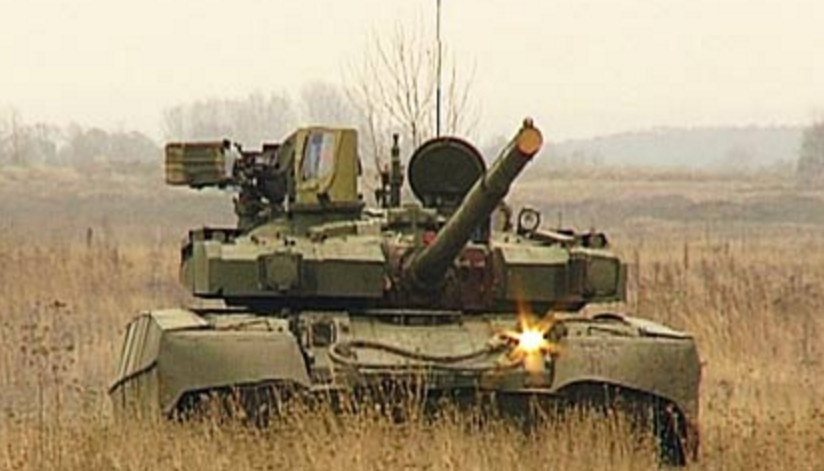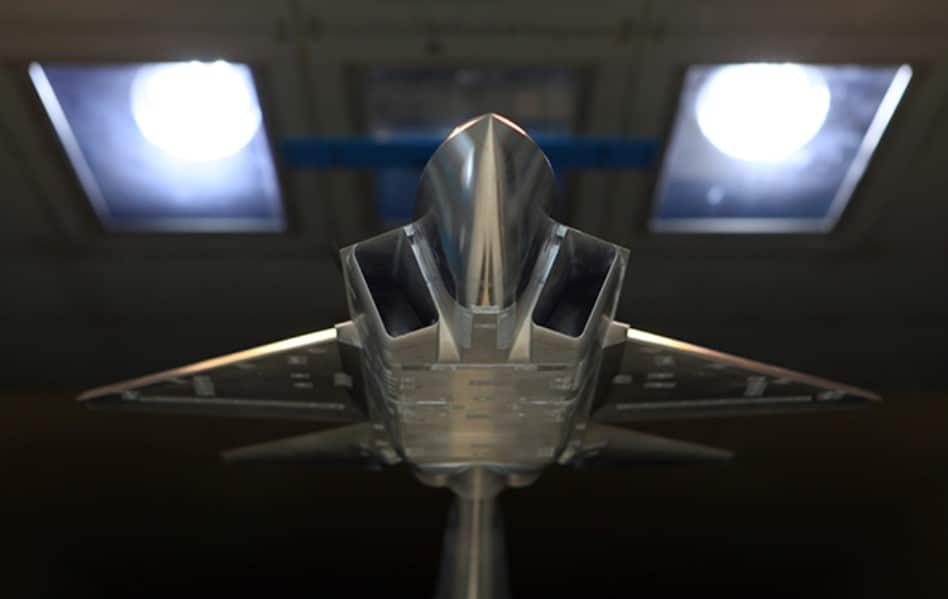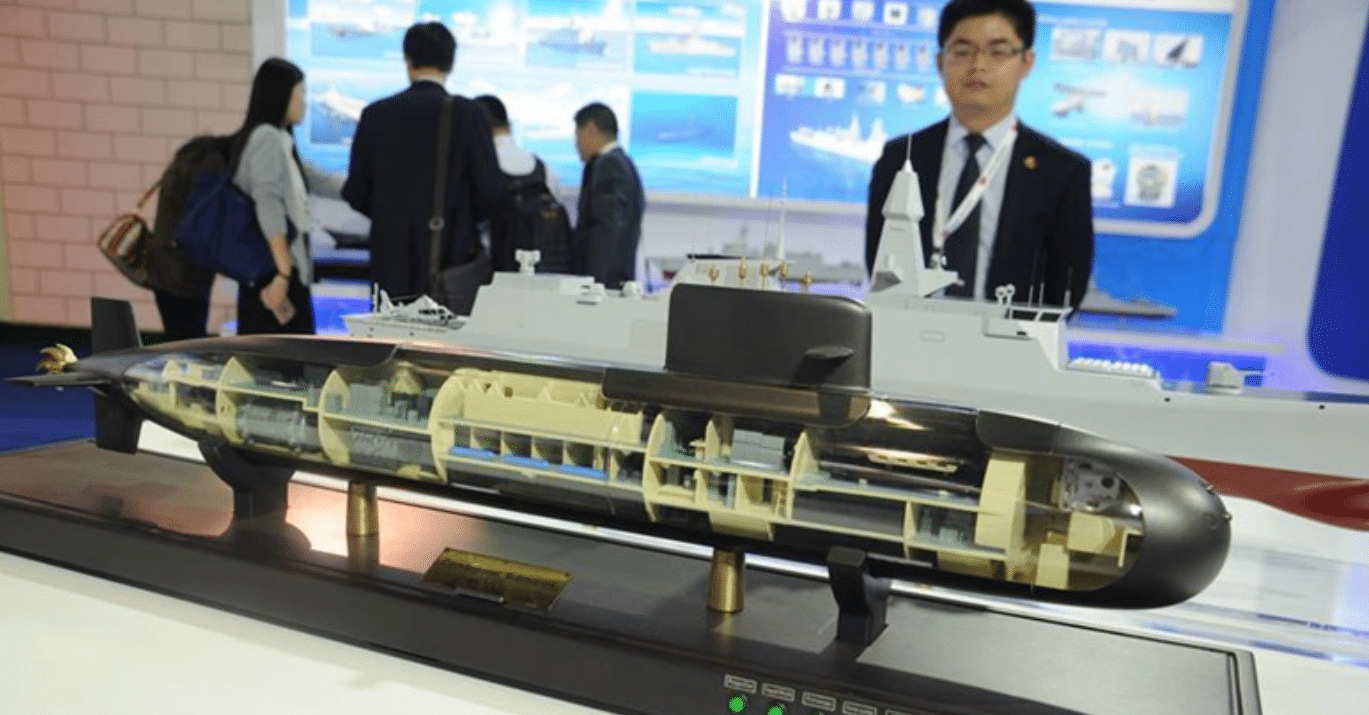2532Views 8Comments

IDEX 2017: Pakistan and Ukraine sign agreement to co-produce engines for tanks
Pakistan and Ukraine signed a memorandum-of-understanding (MoU) to co-produce diesel engine and engine components for Pakistan’s main battle tank (MBT) programs, Geo News reported from the 2017 International Defence Exhibition and Conference (IDEX) in Abu Dhabi.
The MoU was signed by Pakistan’s Minister of Defence Production (MoDP) Rana Tanveer Hussain and the General Director of the Ukrainian Defence Industry branch in Ukroboronprom.
Upon signing the MoU, Mr. Hussain reportedly stated that Pakistan “will import technology to produce [the al-Khalid tank’s] engine and parts … under the partnership.”
Pakistan’s state-owned news agency, the Associated Press of Pakistan (APP), reports that under the MoU, “Pakistan and Ukraine will cooperate in building, modifying, rebuilding and upgrading tanks in Pakistan.”
Notes & Comments:
This is the second armour-related MoU signed by Ukraine and Pakistan. In November 2016, Ukraine and Pakistan’s Heavy Industries Taxila (HIT) signed a $600 million agreement for 200 Kharkiv Morozov Machine Building (KMDB) 6TD-2 1,200 hp diesel engines for forthcoming al-Khalid 1 MBTs as well as overhaul and upgrade work for other Pakistan Army systems. Pakistan and Ukraine’s respective defence ministries also discussed the prospect of joint MBT and anti-tank guided missile (ATGM) production at IDEAS.
The engine collaboration/co-production MoU is significant. First, it expands Pakistan’s domestic ability for MBT production, building upon the armour manufacturing gains made through the 1990s and 2000s. It is not known to what extent Pakistan will manufacture KMDB’s diesel engines.
The agreement is likely focused on at least guaranteeing the supply (via domestic production) of essential spare parts and components for the Pakistan Army’s al-Khalid MBT force. Pakistan will be expanding its al-Khalid MBT force by 200 new tanks, and attention is also shifting to the al-Khalid 2, the platform’s first major upgrade. As per HIT, the al-Khalid 2 will be powered by a 1,500 hp diesel engine, and with Pakistan absorbing the platform technology, KMDB’s newly revealed 6TD-3 will certainly be an option.
Ukraine has an incentive to maintain work for domestic economic interests. Thus, it is unlikely that the Pakistani industry will maintain a complete 6TD manufacturing line in parallel. However, a Pakistani plant would still be beneficial to the Ukrainian industry in that it would guarantee the supply of 6TD components to all current and prospective 6TD users. Pakistan could also pay licensing premiums to KMDB.
In terms of MBT work, it is likely that Ukraine will take lead in upgrading the Pakistan Army’s T-80UDs. It is not known if Pakistan is interested in the Oplot-M. The status of the Haider MBT project is not known, but if still active, the infusion of the 6TD platform may shape the Pakistan Army’s selection. KMDB is tailoring the Oplot-M into a holistic platform that can (using its chassis) be repurposed as an infantry fighting vehicle (IFV) and self-propelled tracked howitzer. A single chassis would streamline the Pakistan Army’s logistics and maintenance channel.



8 Comments
by mazhar
This is one of the big news, this is the first step, soon Pakistan should make some developments towards turbofan engines. Slowly but steadily we are moving forward towards self sufficiency in arms, path is long but steps have been taken towards that journey. Bravo.
by Abdullah Aman
nice work
by Shakeel
This is big news indeed. This is a vital component towards self-sufficiency. Pakistan should replicate this model in making headways in aero-engine development. Ukraine input will prove invaluable. There are currently about a 1000 students from Pakistan studying at Ukrainian universities. This figure must be increased exponentially, as Ukraine offers multi-faceted opportunities for Pakistan. A win for both countries.
by nob hamid gul
There still involves risk for supplying critical engine components in Times of War since Ukriane is already in an ongoing conflict and her insufficiency for supplying parts is not unknown.
Anyway, finally a good move. Hopefully the remaining critical technology will also be acquired.
If i am not wrong, PAC is looking to produce turbojet engine for mushak. The experince from this production line will be valuable.
Now, it’s time to Look for a turboshaft engine for Helis. Turkey is going to develop indigeneous engine for her T-129.
by OSD
Absolutely fantastic news. I was hoping for this sort of a deal with Ukraine, as their diesel engine technology is apparently very reliable. Congratulations Pakistan. One more milestone achieved.
by Rizwan
Good news, but lets take it with a grain of salt/reality. Turboshaft/turbofan/turbojet engines require very sophisticated metallurgical knowhow. We can barely make steel. Compared to us, Iran is the third largest supplier of steel in the world. We have a long way to go.
by mazhar
Dr A.Q Khan is basically a Metallurgist, but we have disappointed this great man by hanging a scandal in his neck which he never had been a part of. He must have trained a team of his guys.
by Rizwan
Regarding A.Q. Khan, I will only say read “Eating Grass: The Making of the Pakistani Bomb” by Feroz Khan. Having a metallurgical industry is not a one man show. It requires infrastructure and other associated chemical industry to be self sufficient. Steels are alloys which require other metals as well.